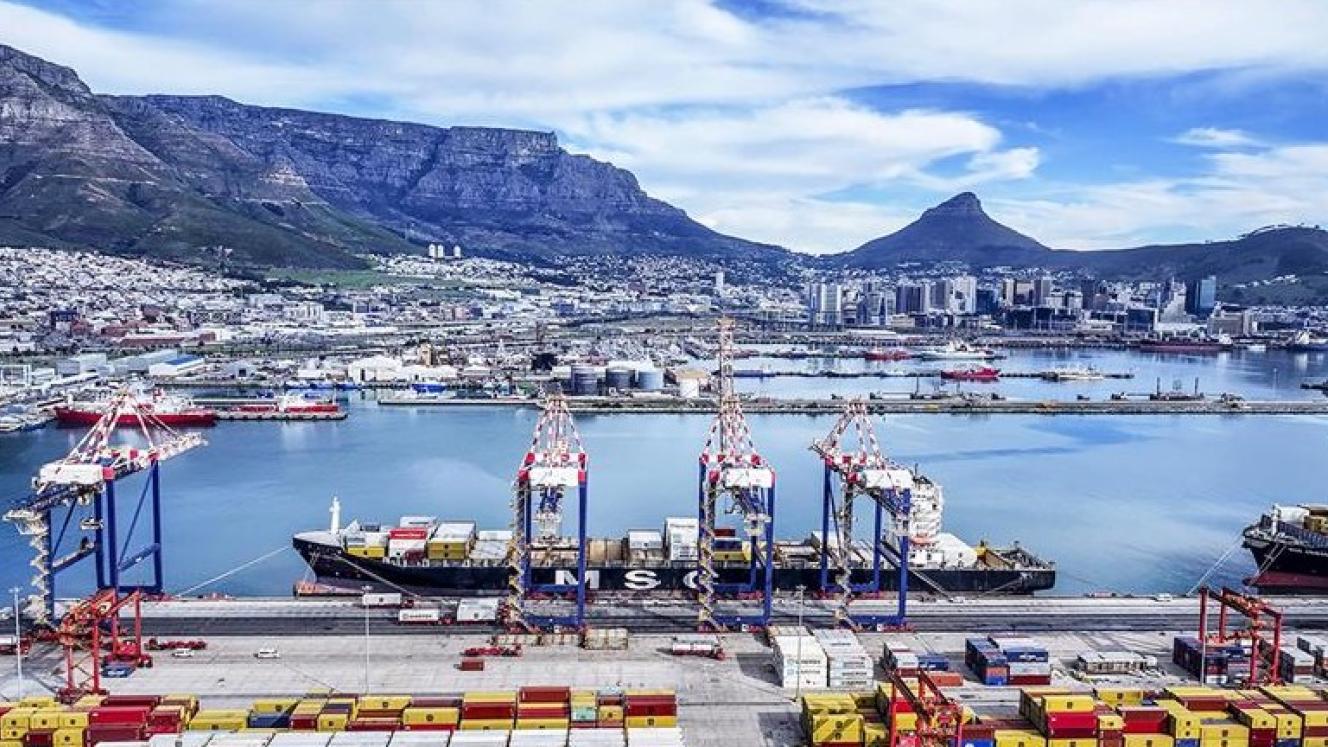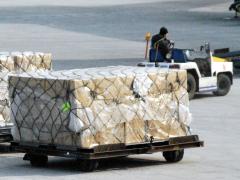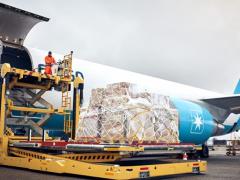Public-private participation is standing Revenue Services Lesotho (RSL) and exporters sending shipments to the mountain kingdom in good stead following the implementation of a Tax Identification Number (TIN) system on the first of July.
Initially, the new TIN regulation received strong objections from shippers and agents alike.
Its original implementation date last year was also postponed because of synchronizing problems with the automated system for customs data (Asycuda) used by member states of the South African Customs Union.
But recurring postponements were only ever going to be temporary as RSL eventually sorted out its Asycuda issues, forcing exporters to comply by registering with the Agents of Foreign Firms Association of Lesotho (Affal).
Provision was also made for exemption and although a lot of exporters were reluctant, and even refused to comply, the new regulation is running a lot more smoothly than it did at the beginning of the month when teething issues seemed to dog the TIN system.
According to Stephen Segal, divisional director of clearing and forwarding at Value Logistics, it was primarily because of RSL listening to industry’s appeal for leniency.
“We got hold of Lesotho Revenue and told them that some clients were in the process of complying with the necessary requirements,” meaning registering Affal agents.
“Lesotho Revenue was happy to issue exemption for the next two months.”
Segal said, whereas shipper compliance had initially increased to about 70%, no more, the remaining third or so of non-compliance had shrunk almost completely.
He said non-compliance now sat at only about 2%.
“There are those clients who have signed up and said they were not going to send freight to Lesotho any more, because the volume to export to Lesotho was too small and it was not worth paying for a foreign agent to represent them.
“Others are simply not buying into the concept of appointing a foreign agent.”
He said the “sad part” was that it cost more to now deal with Lesotho, but those shippers seeing the worth in still exporting to the kingdom seemed to have accepted the TIN system as a development that’s here to stay.
Segal said it had to be understood that the new system enabled RSL to work more tax prudency into cross-border trade, as previously there had been a lot of VAT fraud.













